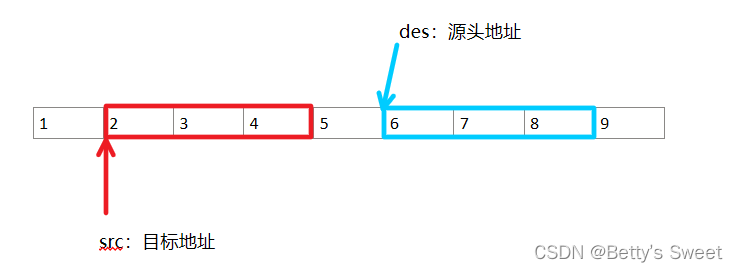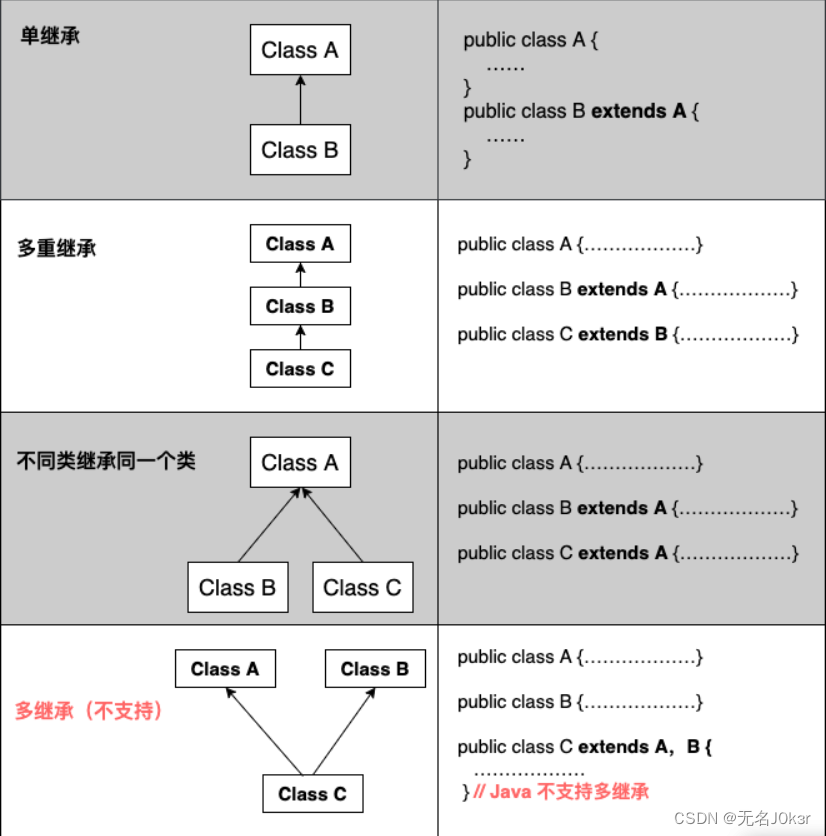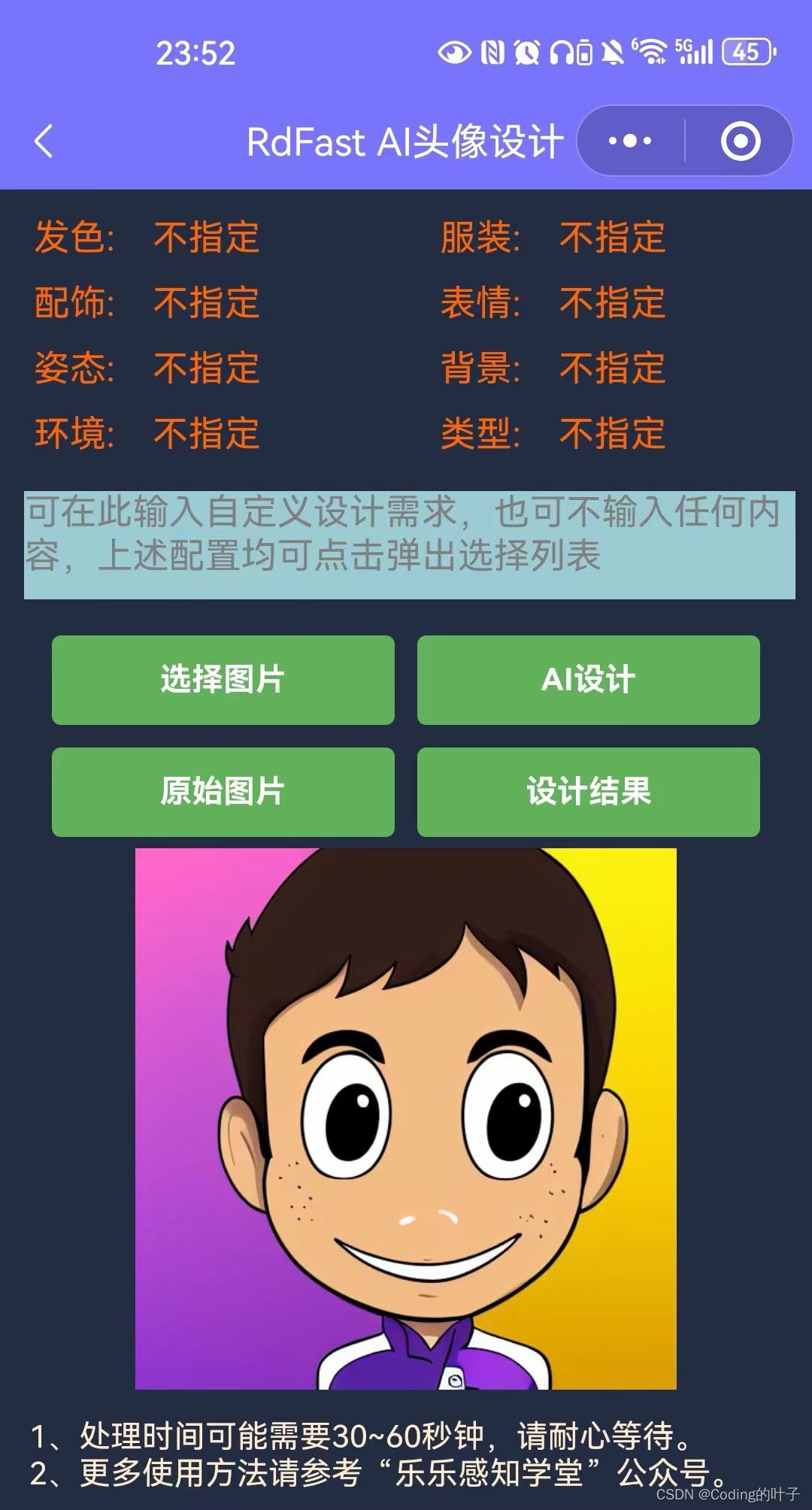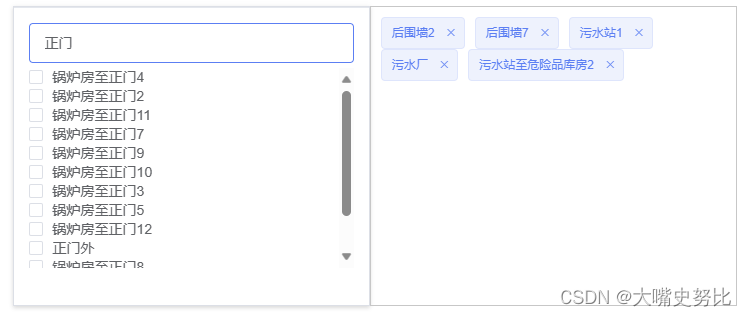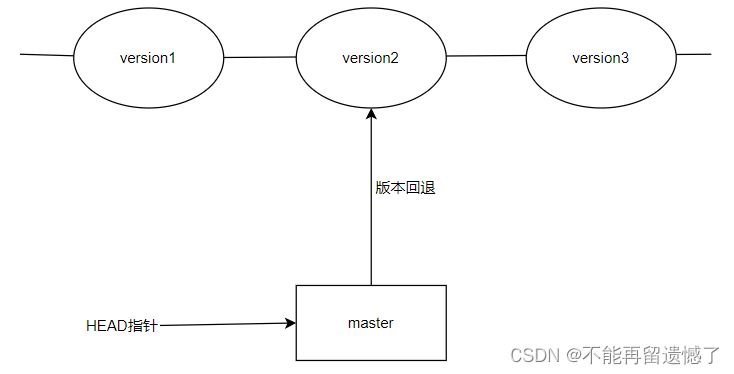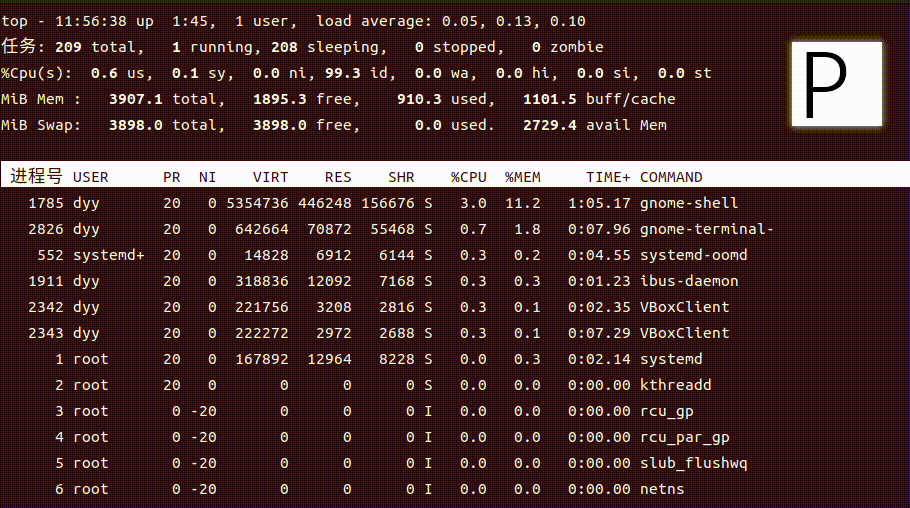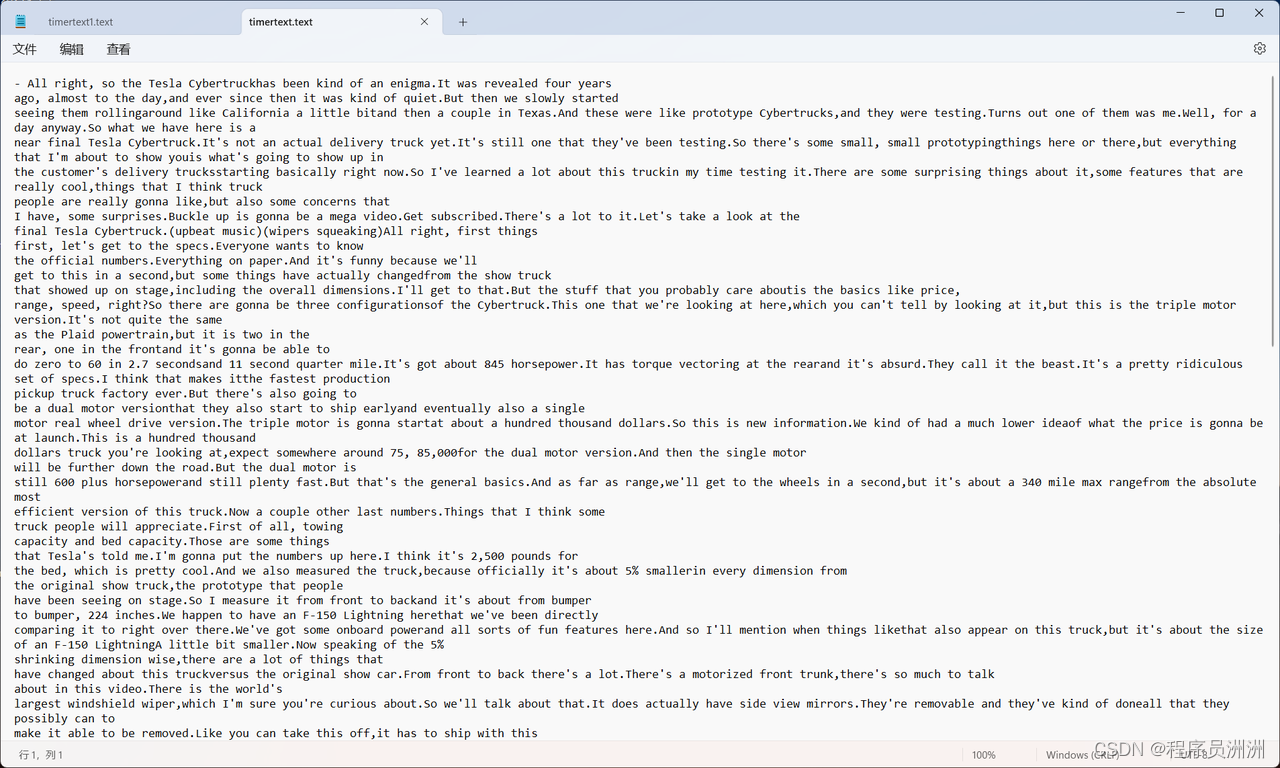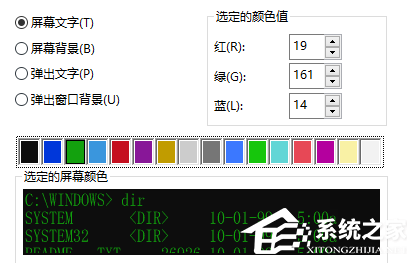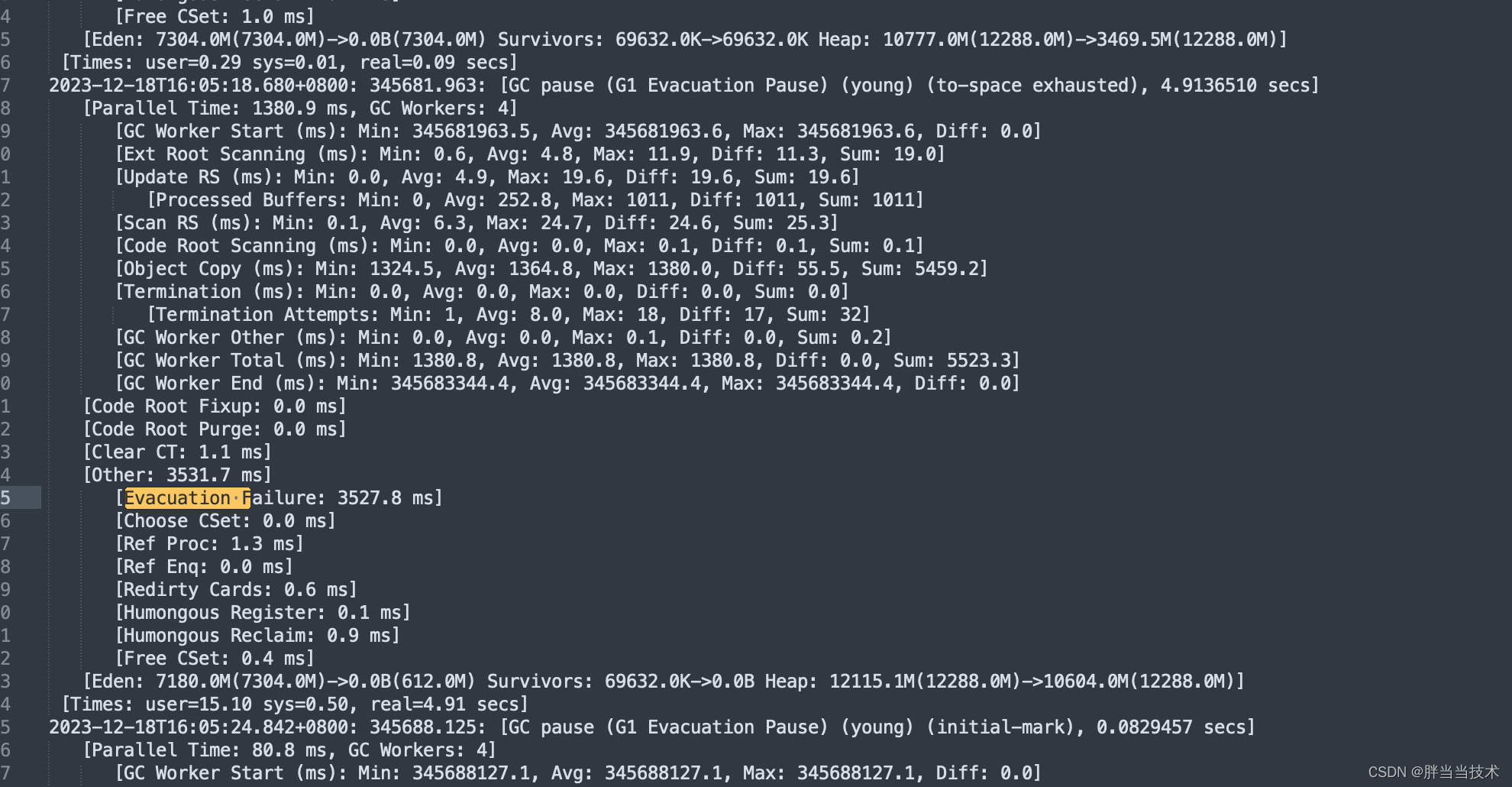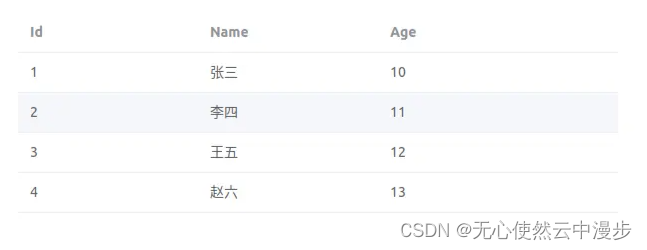
目录
1.简单介绍
2.创建节点
3.创建二叉排序树
4.二叉树的删除
5.创建节点
6.创建二叉树
1.简单介绍
二叉排序树: BST: (Binary Sort(Search) Tree),对于二叉排序树的任何一个非叶子节点:要求左子节点的值比当前节点的值小,右子节点的值比当前节点的值大。
特别说明:如果有相同的值,可以将该节点放在左子节点或右子节点

2.创建节点
/**
* 创建节点
*/
class Node {
int value;
Node left;
Node right;
public Node() {
}
public Node(int value) {
this.value = value;
}
/**
* 添加节点,递归
*/
public void add(Node node) {
if (node == null) {
return;
}
//判断节点的值,和当前子树的根节点的关系
if (node.value < this.value) {
if (this.left == null) {
this.left = node;
} else {
//递归向左添加
this.left.add(node);
}
} else {//node.value>this.value
if (this.right == null) {
this.right = node;
} else {
//递归向右添加
this.right.add(node);
}
}
}
//中序遍历
public void infixOrder() {
if (this.left != null) {
this.left.infixOrder();
}
System.out.println(this);
if (this.right != null) {
this.right.infixOrder();
}
}
@Override
public String toString() {
return "Node{" +
"value=" + value +
'}';
}
}
3.创建二叉排序树
/**
* 创建二叉排序树
*/
class BinarySortTree{
private Node root;
//添加节点的方法
public void add(Node node){
if (root==null){
root=node;
}else {
root.add(node);
}
}
//中序遍历
public void infixOrder(){
if (root!=null){
root.infixOrder();
}else {
System.out.println("二叉树是空的");
}
}
}4.二叉树的删除
三种情况:
- 1.删除叶子节点
- 2.删除只有一颗子树的节点
- 3.删除有两颗子树的节点
思路
情况一:
- 1.找到要删除的节点 targetNode
- 2.找到targetNode的父节点 parent
- 3.确定targetNode是parent的左子节点还是右子节点
- 4.根据条件对应删除:左子节点: parent.left=null ; 右子节点:parent.right=null
情况二:
- 1.找到要删除的节点 targetNode
- 2.找到targetNode的父节点 parent
- 3.确定targetNode的子节点是左子节点还是右子节点
- 4.targetNode是parent的左子节点还是右子节点
- 5.如果targetNode是parent的左子节点:
- 5.1.targetNode的子节点是左子节点:parent.left=targetNode.left;
- 5.2.targetNode的子节点是右子节点:parent.left=targetNode.right;
- 6.如果targetNode是parent的右子节点:
- 6.1.targetNode的子节点是左子节点:parent.left=targetNode.left;
- 6.2.targetNode的子节点是右子节点:parent.left=targetNode.right;
情况三:
- 1.找到要删除的节点 targetNode
- 2.找到targetNode的父节点 parent
- 3.从targetNode的右子树找到最小的节点
- 4.用一个临时变量,将最小节点的值保存temp
- 5.删除最小的节点
- 6.targetNode.value=temp
5.创建节点
在节点中直接声明好,查找其父节点,待删除的节点,递归添加,中序遍历
/**
* 创建节点
*/
class Node {
int value;
Node left;
Node right;
public Node() {
}
public Node(int value) {
this.value = value;
}
/**
* 删除节点
*/
public Node search(int value) {
if (value == this.value) {//找到
return this;
} else if (value < this.value) {//如果查找的值小于当前结点,向左子树递归查找
if (this.left == null) {
return null;
}
return this.left.search(value);
} else {//如果查找的值不小于当前结点,向右子树递归查找
if (this.right == null) {
return null;
}
return this.right.search(value);
}
}
/**
* 待删除节点的父节点
*/
public Node searchParent(int value) {
//当前节点就是要删除节点的父节点
if ((this.left != null && this.left.value == value) || (this.right != null && this.right.value == value)) {
return this;
} else {
//如果查找的值小于当前节点的值,并且当前节点的左节点不为空
if (value < this.value && this.left != null) {
return this.left.searchParent(value);//向左子树递归
} else if (value >= this.value && this.right != null) {
return this.right.searchParent(value);
} else {
return null;
}
}
}
/**
* 添加节点,递归
*/
public void add(Node node) {
if (node == null) {
return;
}
//判断节点的值,和当前子树的根节点的关系
if (node.value < this.value) {
if (this.left == null) {
this.left = node;
} else {
//递归向左添加
this.left.add(node);
}
} else {//node.value>this.value
if (this.right == null) {
this.right = node;
} else {
//递归向右添加
this.right.add(node);
}
}
}
/**
* 中序遍历
*/
public void infixOrder() {
if (this.left != null) {
this.left.infixOrder();
}
System.out.println(this);
if (this.right != null) {
this.right.infixOrder();
}
}
@Override
public String toString() {
return "Node{" +
"value=" + value +
'}';
}
}
6.创建二叉树
/**
* 创建二叉排序树
*/
class BinarySortTree {
private Node root;
//查找删除的节点
public Node search(int value) {
if (root == null) {
return null;
} else {
return root.search(value);
}
}
//查找父节点
public Node searchParent(int value) {
if (root == null) {
return null;
} else {
return root.searchParent(value);
}
}
//返回以node为根节点的二叉排序树的最小值,并删除
public int deleteTreeMin(Node node) {
Node target = node;
while (target.left != null) {
target = target.left;
}
//此时target是最小的,将其删除
deleteNode(target.value);
return target.value;
}
//删除节点
public void deleteNode(int value) {
if (root == null) {
return;
} else {
//1.先找到targetNode
Node targetNode = search(value);
if (targetNode == null) {
return;
}
//如果发现二叉树只有一个节点
if (root.left == null && root.right == null) {
root = null;
return;
}
//找targetNode的父节点
Node parent = searchParent(value);
//如果删除的节点是叶子节点
if (targetNode.left == null && targetNode.right == null) {
//判断targetNode是parent的左子节点还是右子节点
if (parent.left != null && parent.left.value == value) {//是左子节点
parent.left = null;
} else if (parent.right != null && parent.right.value == value) {//是右子节点
parent.right = null;
}
} else if (targetNode.left != null && targetNode.right != null) {//说明左右子树
int minValue = deleteTreeMin(targetNode.right);
targetNode.value = minValue;
} else {//删除只有一棵子树节点
if (parent != null) {
if (targetNode.left != null) {//删除的节点有左子节点
if (parent.left.value == value) {//targetNode是parent的左子节点
parent.left = targetNode.left;
} else {//targetNode是parent的右子节点
parent.right = targetNode.left;
}
} else {
root = targetNode.left;
}
} else {//要删除的节点有右子节点
if (parent != null) {
if (parent.left.value == value) {//targetNode是parent的左子节点
parent.left = targetNode.right;
} else {//targetNode是parent右子节点
parent.right = targetNode.right;
}
} else {
root = targetNode.right;
}
}
}
}
}
//添加节点的方法
public void add(Node node) {
if (root == null) {
root = node;
} else {
root.add(node);
}
}
//中序遍历
public void infixOrder() {
if (root != null) {
root.infixOrder();
} else {
System.out.println("二叉树是空的");
}
}
}






